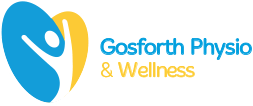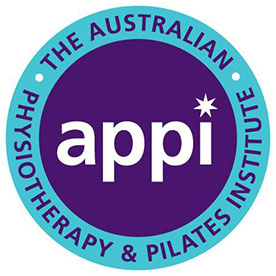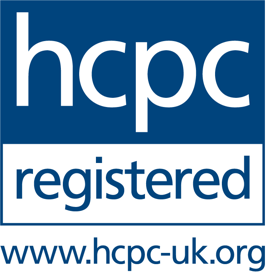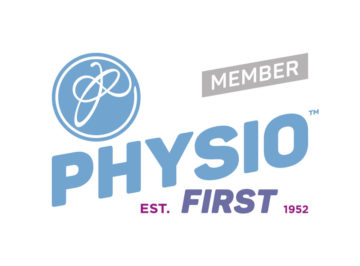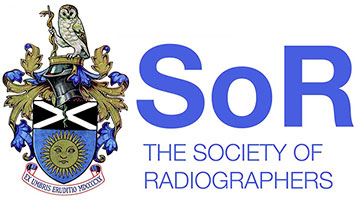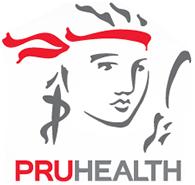Stress and Pain Treatment
In one week we all had our lives turned upside down. The speed of events, the enormity of the situation and the need to adapt to a new way of life in less than 1 week is unprecedented and highly stressful.
Just like the virus, stress is controllable.
Stress is highly common in today's busy society. It affects your behaviour, how you think, feel and how your system works. Common signs of stress include trouble concentrating, loss of appetite, sleeping problems, sweating and aches and pains.
Stress leads to an increased production of hormones in your body. These are released to enable you to deal with pressures or threats. We know this as the "fight or flight" response. Your stress hormone levels will usually return to normal when the threat or pressure has gone. However, if you experience constant or high levels of stress these hormones will remain in your body, driving the vicious circle and symptoms of stress.
Stress can lead to anxiety which in turn can lead to depression and vice versa. All of these conditions can contribute to or even drive pain.
When stress is encountered, adrenaline is produced, this stimulates a part of the brain called the thalamus which is where we interpret our pain and also our emotions. Continued production of adrenaline leads to its sister hormone cortisol being released at the same time. Cortisol has highly positive effects within our systems, helping regulate blood pressure, cardiovascular functions, and the body’s storage of fats, proteins and carbohydrates. Cortisol also helps with our response to stress and trauma. In survival mode, the optimal amounts of cortisol can be life saving, helping to maintain fluid balance and blood pressure.
However, continued production of cortisol becomes detrimental to us, actually leading to highly negative effects. It can suppress the immune system, increase blood pressure and sugar levels, decrease libido, contribute to obesity and lower your immunity and inflammatory responses, as well as slow down the wound healing process. When you continuously stress, you continuously release cortisol, which can soon become the enemy and can be one of the main drivers of pain. It embeds in fatty tissue (that we all have) and can inflame and irritate the already locally hyper-sensitised tissue leading to an increased pain experience. Studies have shown that stress and anxiety is the main driver for approximately 80% of persistent pain sufferers.
Watching TV, driving, work, exams, children, etc, are all situations that can produce stress and tension. This generally presents as back and neck pain in clinic. Early intervention consisting of both education and treatment is essential to help prevent an acute problem becoming a chronic problem. Physiotherapy can help facilitate a speedy recovery, whether it is to return to training, hill walking, driving or digging the garden.
Our dedicated team here at Gosforth Physio & Wellness are experts in stress and pain and its treatment.
Book an online Pilates class and lets start reducing your stress today.
Get in touch or live stream one of our classes to start your recovery today.
Let's get started!